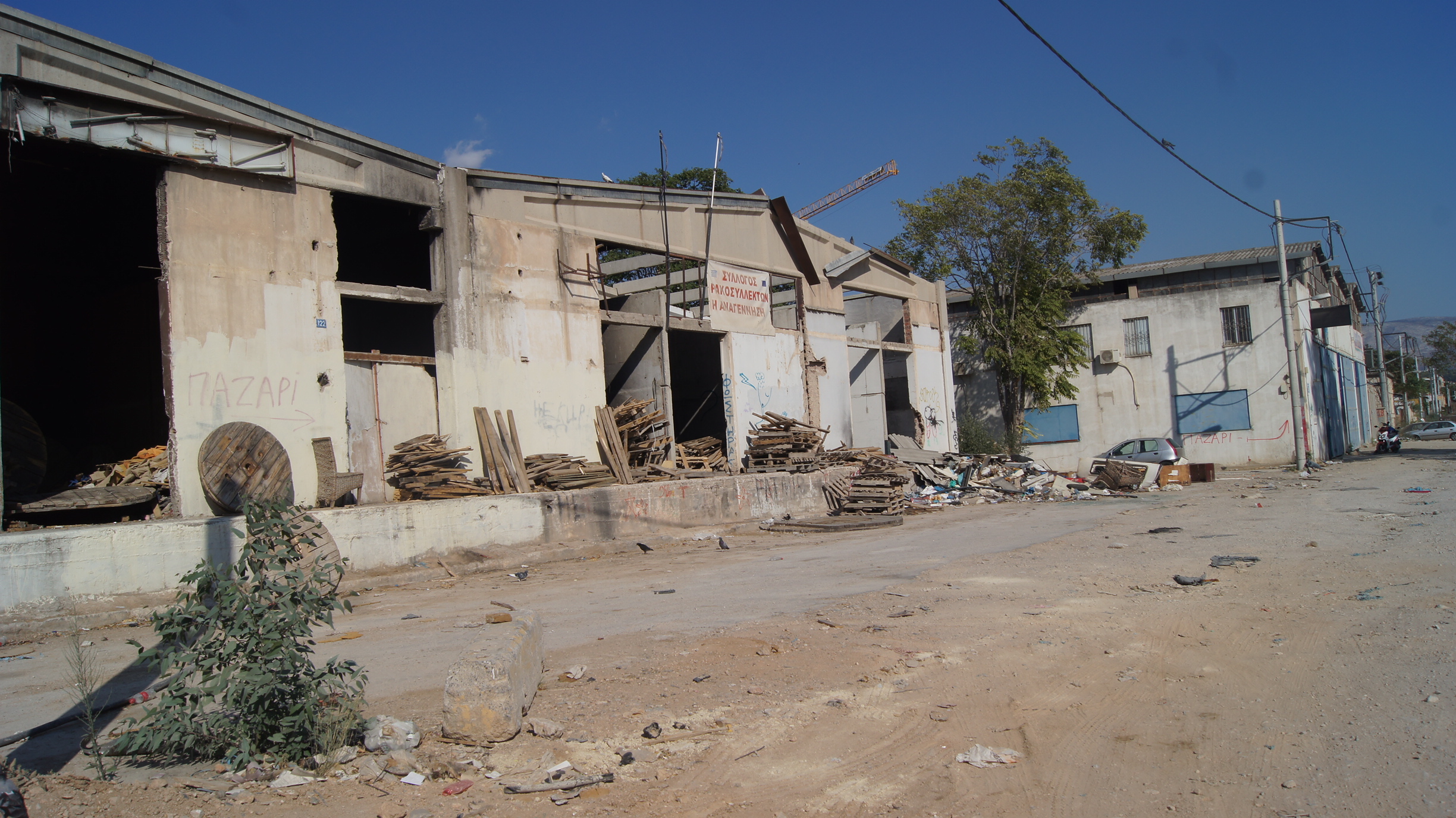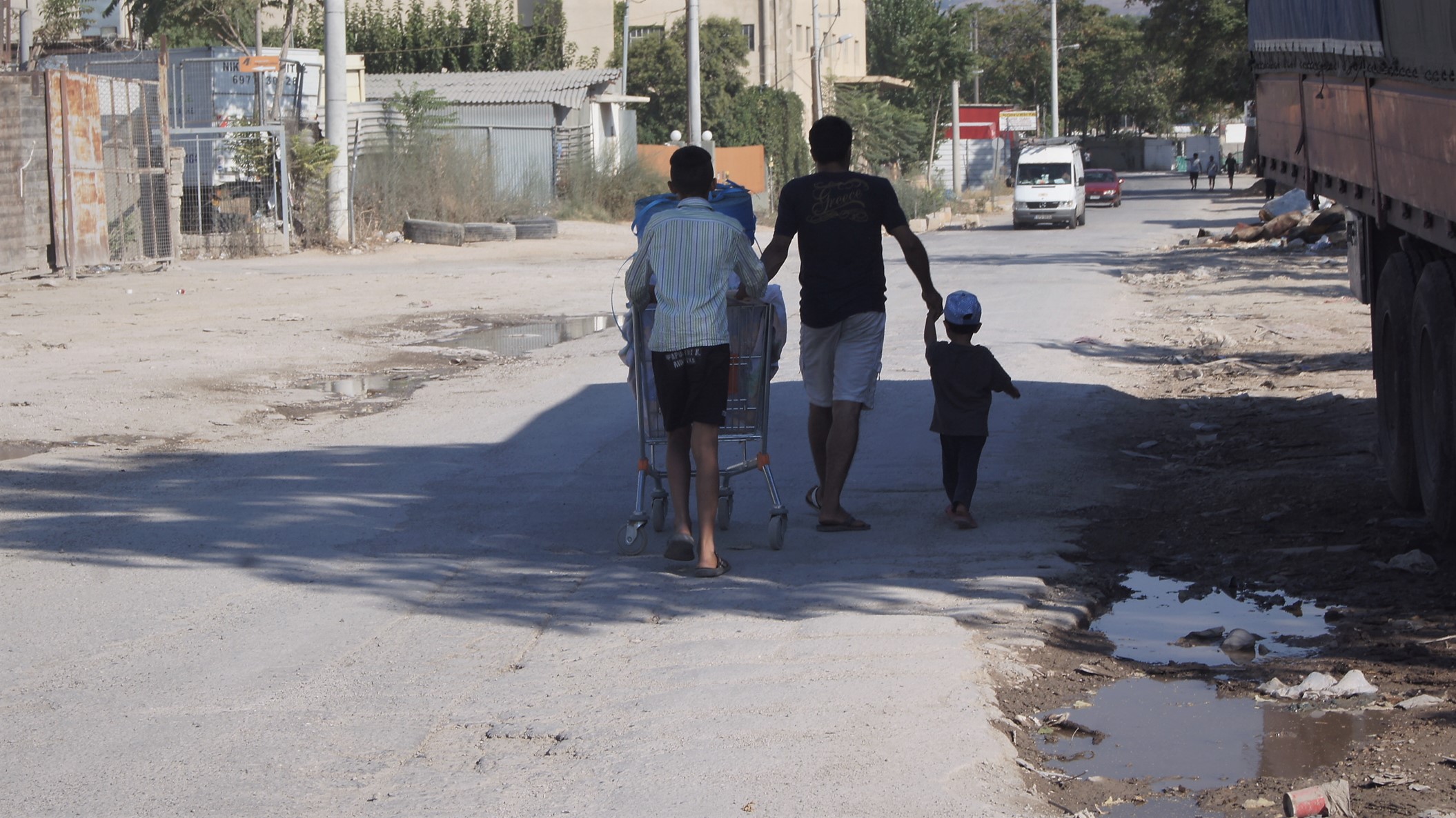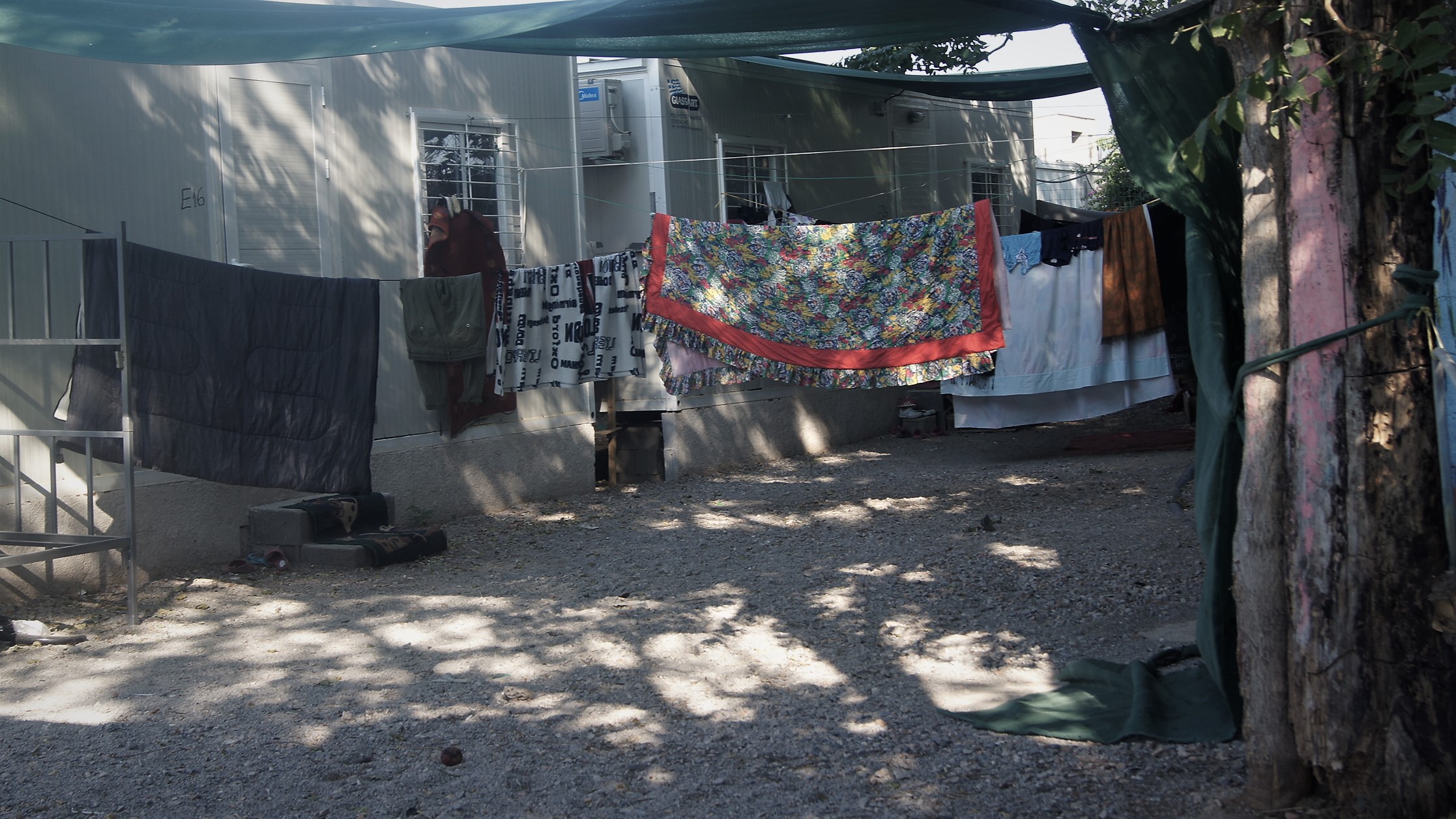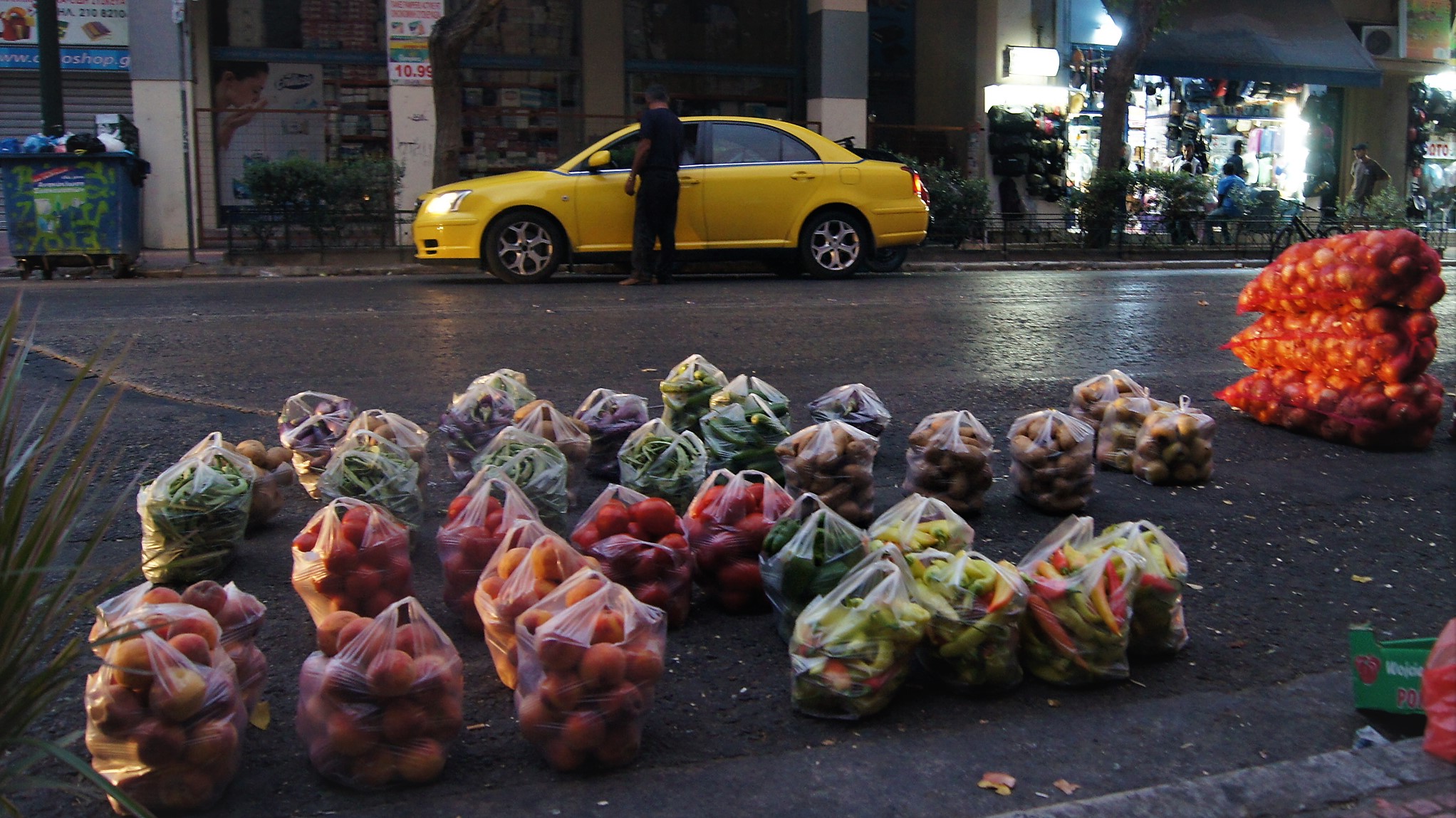*This article is part of a five-part series, available to read here.
In summer 2015, Greeks awoke from a short dream that they associated with the left-wing party Syriza. At the time Tsipras´s party made Greeks feel that they had someone they could rely on in the hard times of austerity, someone who would defend their interests in government.
Meanwhile refugees were beginning to use Greece and the Balkans more frequently on their route to Europe, rather than crossing between Libya and Italy. With funds from the European Commission, the Greek government was the main player that was supposed to coordinate what several experts have labelled the biggest humanitarian project of the 21st century so far.
In a Guardian report, ‘How Greece fumbled the refugee crisis’, Daniel Howden and Apostolis Fotiadis refer to a sum of $803m, which, over two years, was supposed to help those who had to stay in Greece’s detention facilities and refugee camps. What happened to those funds, though, is an entirely different story.

Refugees as aid commodities
For Greece, migration is not an unknown quantity. The country has always been a place through which high numbers of people have moved. Athens, for example, has been at the centre of many waves: after 1922 (Greeks from Turkey), in the 1950s (domestic migration from agrarian regions) and in the 1990s (mostly from the Balkans). In 2015, though, the task of ensuring adequate living conditions for tens of thousands of people took place in a crisis period marked by heavy austerity and institutional chaos.
The largest portion of aid comes from the Internal Security Fund (ISF) and the Asylum Migration Integration Fund (AMIF), both overseen by the European Commission. The Greek government controls only a small portion. The money was supposed to reach sixty thousand migrants. In their report, Howden and Fotiadis quote an expert in humanitarian aid who estimates that up to 70% of expenses were wasted.

A worker in one of the biggest non-profit organizations in Greece, who wished to remain anonymous, confirmed this to me: “A sudden influx of money does not necessarily make the situation better, it can even do harm.”
The logic of humanitarian aid often supports what is known as a short-term response. In addition, in his opinion, the perception of the people for whom the aid was initially intended has changed. “For many organizations, refugees have become commodities, they are advertising themselves using refugees. It is being increasingly forgotten that the focus is to help those people.”
The UN Refugee Agency (UNHCR) soon arrived at a position in which in principle it was supposed to defend displaced people, but at the same time became reliant on the EU, which is the second-biggest source of financial funds for its work. In a situation like this, such an organization faces a dilemma as to whether it can afford to criticize its sponsor. As Howden and Fotiadis emphasize, it has failed to do this.
Kostas, an UNHCR worker, described the situation to me, “We simply became a kind of technical assistant. Like people supervising a construction, while nobody worked to resolve the issue for who the construction was and is being built.”
Shifting responsibility
The key problem consists in the poor coordination of the humanitarian operation in Greece. Cooperation in emergency spaces – especially in the camps on the islands – is also complicated. “The atmosphere within the team was not optimal,” said Kostas, “not everyone was ready to accept that our colleagues from abroad earned three times more for the same work we did.” The colonial nature of this arrangement is epitomised by the fact that Greek workers are mainly used to do “the paperwork.”
Unlike the international organizations, the Greek government had no access to most of the aid funds. Nonetheless it was tasked with coordinating and approving the project on its territory. The resulting tension was a determining factor in what happened next. Especially as at the very same time the Greek government was embroiled in the negations about IMF loans, which were supposed to keep the rapidly bankrupting economy alive.
The situation required a more urgent solution because a humanitarian catastrophe with unpredictable consequences was looming on the horizon. When the northern border from Greece to Macedonia was closed on 9 March 2016, followed by the EU – Turkey deal, it was clear that tens of thousands of migrants would be stranded there. They would have to apply for asylum and wait in Greece for relocation, or deportation.

The available funds financed the construction of accommodation facilities, especially camps. The UNHCR ensured accommodation for a third of migrants, hiring hotel rooms and hostels in towns on the mainland.
The first steps of the emergency operation, for example the construction of reception centres on islands, in the northern mountains, and in industrial suburbs without any good connection to town centres, were running with a considerable delay, and without any discussions about follow-up procedures.
The reason for this chaos was the non-existent cooperation among the players: the European Commission, the aid organizations and the Greek government. The latter used the argument about not having access to and control over the aid funds to devolve themselves of responsibility for the operation.
The three haven’t yet reached an agreement about basic issues, for example how many camps there are in Greece and how many people are in them. The new emergency Ministry of Migration has published a list with 39 camps: some of them are empty, and some of them are being prepared for occupancy. Meanwhile the UNHCR speaks about more than 50 camps, without specifying them. A spokeswoman for the Greek Ministry of Migration refused to express her opinion to me about this discrepency in data.
Miscalculation regarding the number of people in camps has meant that humanitarian aid often hasn’t worked. Spoilt food has been wasted or – in the worst cases – distributed among refugees, resulting in health problems. On the other hand, assistance has been missing in several vital fields, for example in the insulation of tents. In January 2016 three refugees in the Moria camp on Lesbos died after being poisoned by fumes from a fire they made to avoid freezing in the low temperatures.

For the very beginning, the humanitarian operation suffered from an absence of basic management. It was not obvious who was responsible for what, who held what powers. The institutions shifted responsibilities between one other, and the situation of the refugees themselves was sidelined.
Overcoming emergency solutions
One of the key proposals for resolving the situation with refugees in Greece is the need to move from emergency ‘fire fighting’ towards an inclusive long-term solution, which takes into both the new arrivals and the locals. The first step is to include a plan to give agricultural land to up to 1500 refugees, which could lead to their integration. Those interested can apply for a programme that will protect from the exploitation of their work.

Measures like these are absolutely essential. Even more important will be to fully implement such initiatives and not abandon them after the inevitable initial difficulties. Such programmes must be monitored and assessed for possible use elsewhere.
It is also important to keep in mind that due to the progressive global warming and other factors, it will be impossible to stem mass migration to Europe. As the author Robert Winder puts it: “We can set a deckchair on the beach as often as we want to, and cry to the coming waves to keep away from the beach, but the rising tide will not obey us and the sea will not move back.”
* Part 4 of ‘Stories from the Babel Archipelago’ will be published next week.
** This text was first published in Czech on Deník Referendum. It was written with the support of Strategy AV21, the research programme Effective Public Policies and Contemporary Society – Mobility.
![Political Critique [DISCONTINUED]](https://politicalcritique.org/wp-content/uploads/2015/09/Political-Critique-LOGO.png)
![Political Critique [DISCONTINUED]](https://politicalcritique.org/wp-content/uploads/2015/09/Political-Critique-LOGO-2.png)